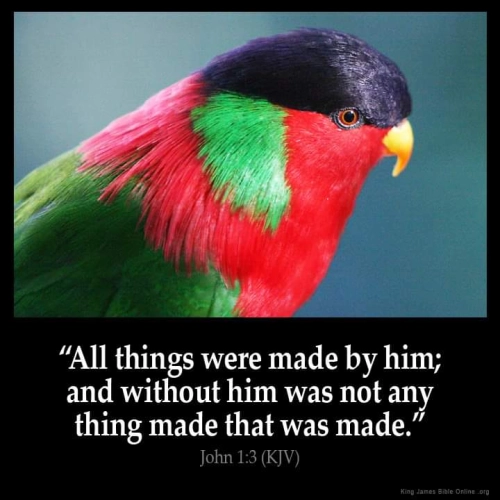profile/9699FB_IMG_16480233200670964.jpg
Abah1001

Loyalty
~1.1 mins read
There was a writer named: Chinua Achebe, who in the company of his books, I felt the prison walls at Robben Island fall down."— Nelson R. Mandela, 2013. 🇿🇦
Chinua Achebe is most famous for his novel Things Fall Apart, published in 1958, which tells the story of an Igbo village's reaction to British missionaries and colonial authorities. ... He also published several other novels, short stories, children's books, and essays.
Achebe's primary purpose of writing the novel(Things Fall Apart)is because he wants to educate his readers about the value of his culture as an African. Things Fall Apart provides readers with an insight of Igbo society right before the white missionaries' invasion on their land.
In 1958 he published Things Fall Apart, his groundbreaking novel brought him worldwide attention. It has since become one of the most widely read books in modern African literature. Later novels include No Longer at Ease, Arrow of God, and Anthills of the Savannah. In 1967, Achebe co-founded a publishing company. Achebe lectured at universities in the United States and returned to become a research fellow and later professor of English at the University of Nigeria.
He also served as a director for two Nigerian publishers. In 1990, following a serious car accident, Achebe moved to the United States. He taught at Bard College and Brown University. In addition to his novels, Achebe wrote poetry, short stories, and a children's book. Achebe was the recipient of dozens of honorary degrees from universities. Among other honors, he was awarded the Man Booker International Prize, the Dorothy and Lilian Gish Prize, and the Commonwealth Poetry Prize.
profile/9699FB_IMG_16480233200670964.jpg
Abah1001

Obi Our Hope
~2.3 mins read
The conference wasn't held on social media, His popularity is REAL and VERIFIABLE.
He didn't pay any of those laywers "Shi Shi", the crowd wasn't BOUGHT or RENTED.
The conference wasn't held in the Church, they can no longer say it's Christains.
And to cap it all up, we still have 6 months!
Next year, the battle will be between Angry Nigerians and Nigerian Political class.
Mr. Peter Obi is our choice, zero regrets!
Why is the ovation so loud wherever Peter Obi appears? Be it at the Church, weddings, airports, Bar Association and even market places ? ?
It is not because he is Obi, it is because for the first time Nigerians have seen a pathway to escape from the prison of their taskmasters.
All tags on Obi could not hold.
They tagged him structureless, it did not hold. Tagged him corrupt, no evidence. Tagged his followers violent, it got no traction. Tagged him IPOB, it had no traction. Tagged him importer of fake goods, it had no traction. They even sat together and created fake videos and WhatsApp groups to attack themselves and turn around to blame his followers, that too did not work.
Desperate men will stop at nothing!
They think Obi is the problem, no, their albatross is the faceless Obedients.
They attempted to change from electronic collation to manual with inec, they met a backlash and backed down, at the end, no tag on him has worked.
Their biggest fear is not Obi, don’t be confused, Obi is a mere man, after all “ Obi is a Boy”, their fear is the transformation of our freedom fighters into the ObiDient movement..
ObiDient is a movement whose time has come, it cannot be stopped.
Again don’t mix it up, the target is not Atiku or Tinubu, it is a Class warfare!
The target is opening the jailhouses of poverty, misery and joblessnesses among Nigerians, freeing the captives to “let my people go”
Hope you now understand why they are fighting Obidients from all angles? They are scared poverty will be reduced and the poor will not be there to serve them and massage their ego anymore.
They are scared the poor will be liberated to speak up for themselves. They are scared a new Nigeria will advance the equitable distribution of goods and services, the bourgeoisie is scared of the rule of the proletariat and the common man. The fear is real!
If they have a way to round up all obedients and lock them up under the pretense of Revolution, they would have done this long ago, unfortunately we are playing the game using a play book they designed themselves.
It surely will be a thing of joy for our children to grow up knowing we played a positive role towards the creation of a new and working Nigerian
Advertisement

Link socials
Matches
Loading...
